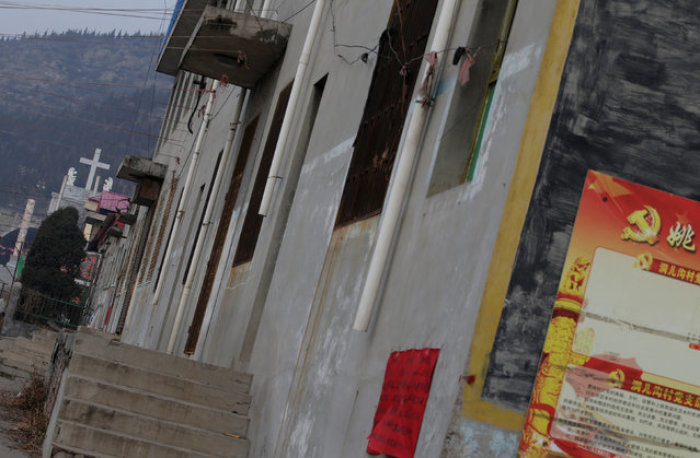China imposes harsh new rules governing religious groups in 2020

China announced it will soon implement harsh new measures requiring all religious personnel to support and implement total submission to the Chinese Communist Party, sparking concern among Chinese Christians.
Asia News reports that the new administrative measures will be put in place for Chinese religious groups starting Feb. 1. The measures complete the "Regulations on religious affairs" revised two years ago and implemented on Feb. 1, 2018.
The new measures include six chapters and 41 articles dealing with the organization, functions, offices, supervision, projects and economic administration of communities and groups at both a national and local level.
Under the new rules, every aspect of the life of religious communities — from formation, gatherings to annual and daily projects — is subject to approval by the government’s religious affairs department.
Additionally, all religious personnel are required to support, promote and implement total submission to the Chinese Communist Party among all members of their communities.
Article 5 reads that “religious organizations must adhere to the leadership of the Chinese Communist Party, observe the constitution, laws, regulations, ordinances and policies, adhere to the principle of independence and self-government, adhere to the directives on religions in China, implementing the values of socialism …”
According to Article 17, “Religious organizations must spread the principles and policies of the Chinese Communist Party, as well as national laws, regulations, rules to religious personnel and religious citizens, educating religious personnel and religious citizens to support the leadership of the Chinese Communist Party, supporting the socialist system, adhering to and following the path of socialism with Chinese characteristics …”
The law stipulates that “without the approval of the religious affairs department of the people’s government, or registration with the civil affairs department of the people’s government, no activities can be carried out in the name of religious groups.”
Persecution watchdog International Christians Concern warns that the latest measures will be used by the Communist government as a ”legal tool to further tighten space for religious groups.”
A Chinese Catholic priest told Asia News the new provisions are just another example of the CCP’s continued crackdown on religion.
"In practice, your religion no longer matters, if you are Buddhist, or Taoist, or Muslim or Christian: the only religion allowed is faith in the Chinese Communist Party,” he said.
Since the initial implementation of the "Regulations on religious affairs" in 2018, Christians and other religious groups have experienced heightened levels of persecution. China has banned online sales of Bibles, leveled churches, and arrested hundreds of Christians for "inciting subversion of state power."
In December, China sentenced Wang Yi, founder of one of China’s largest unregistered churches, to nine years in prison for “subversion of state power.” The U.S. condemned the sentencing as “another example of “Beijing's intensification of repression of Chinese Christians and members of other religious groups.”
The Chinese government has also been accused of detaining more than a million Muslims in what it calls re-education camps.
In a letter released Dec. 31, the China Human Rights Lawyers Group warned that it seems as though the “Cultural [Revolution] is returning in covert form” across China.
“Basic freedom of speech is being suppressed, sensitive news is prohibited, ideological discussions in universities are being shut down. Many matters of societal welfare are politicized, and internet censorship is the norm,” they wrote. “The state of human rights in China is in rapid decline.
“Human rights violations in the Chinese frontier are being roundly criticized and condemned by many countries. China’s leaders seem to have become the enemies of civilized countries overnight. By the looks of things, there is really no reason to be optimistic as we look at the festering regression of China’s human rights situation throughout 2019.”
Despite oppression, the lawyers urged human rights advocates and others to continue making the “most fundamental efforts for the sake of advancing the cause of human rights in China.”
China is ranked 27th on Open Doors USA’s World Watch List of 50 countries where it's most difficult to be a Christian.



























